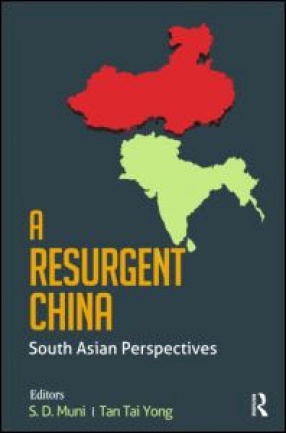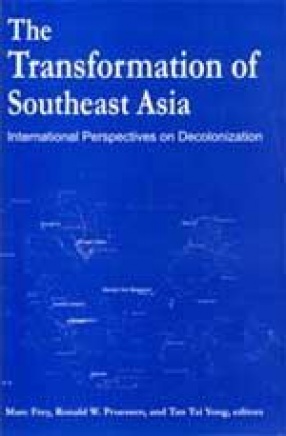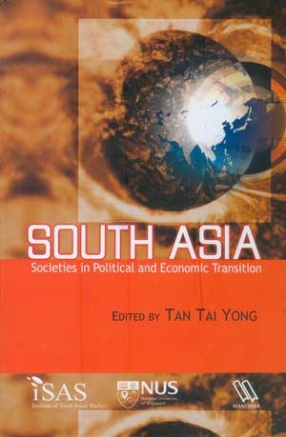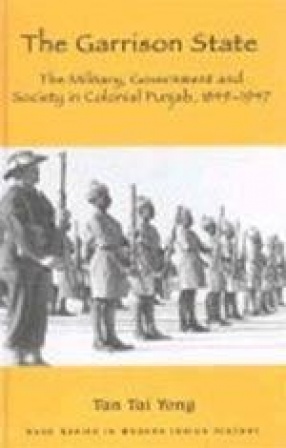
Showing all 4 books


Bringing together a range of South Asian perspectives on rising China in a comparative framework, an attempt has been made, for the first time, to identify and examine the political, economic and socio-cultural stakeholders and constituencies that influence the respective policy of individual South Asian countries towards China. The essays also project how their mutual relations are likely to be shaped by these. The book is especially relevant today owing to ...

The last few years have been significant for South Asia, with fundamental political and economic transitions in several of the countries. Bangladesh opted for an interim government, followed by the election of a democratic government. Pakistan saw the assassination of a former Prime Minister, followed by peaceful elections and perhaps, hope for stability. Nepal went through substantial change, with the Maoists initially in power and subsequently, opting out of ...

Decolonization is an important part of Southeast Asia’s history. An understanding of the evolutionary patterns of Europe’s and Japan’s empires in Southeast Asia from the late nineteenth century through World War II provides important insights into the specific events of the 1940s, 1950s, and 1960s. In turn, the political, economic, and cultural currents of the “post-colonial†era – including Southeast Asia’s gradual adjustment to globalizing forces ...

Following the Mutiny of 1857, various factors impelled the British to turn to the province of Punjab in North-Western India as the principal recruiting ground for the Indian Army. This book examines the processes by which the politics and political economy of colonial Punjab was militarized by the province's position as the "sword arm" of the Raj. Additionally, it explains the relationship between the military and society in colonial India. The ...
